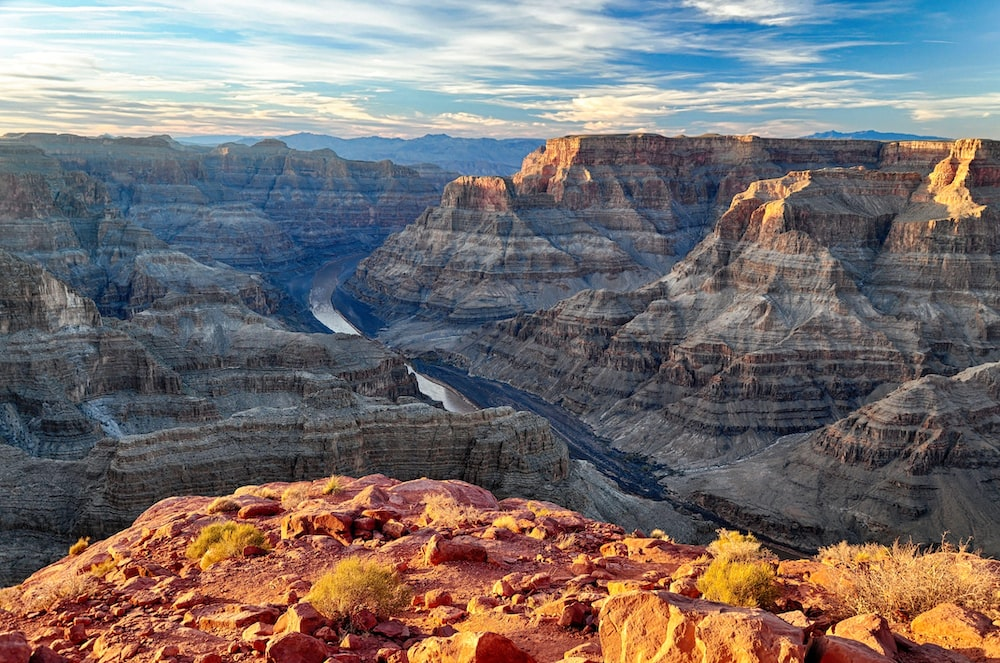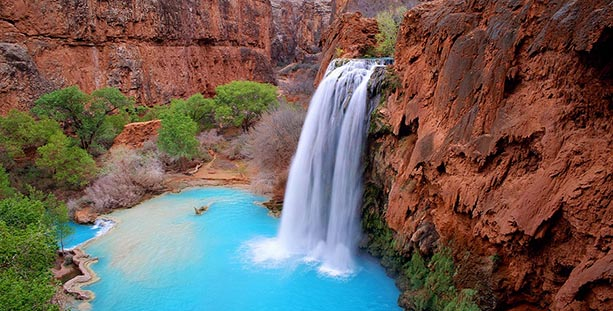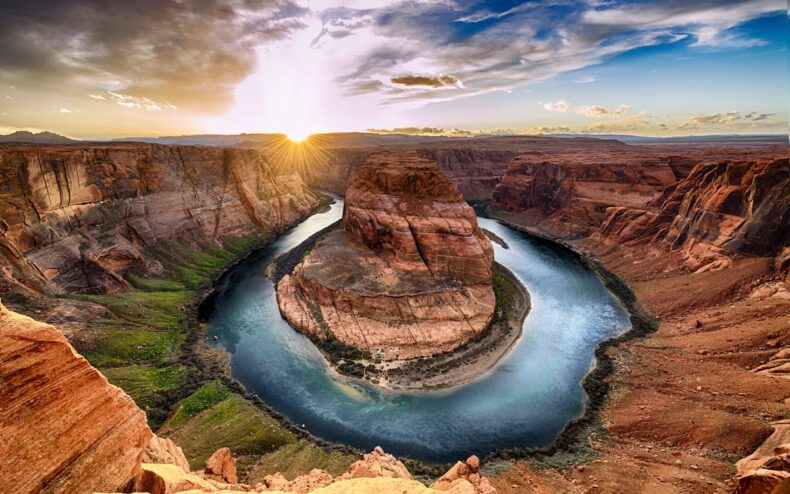Grand Canyon National Park in Arizona is having the name of a section altered because it is “offensive,” according to authorities.

Grand Canyon National Park in Arizona is having the name of a section altered because it is “offensive,” according to authorities.
The part of the park formerly known as ‘Indian Garden’, a popular stop for hikers along the park’s Bright Angel Trail, will now be known as Havasupai Gardens after the U.S. Board of Geographic Names unanimously approved the modification, earlier this month. Havasupai Tribal members had passed a resolution earlier this year to formally request the change from the National Park Service (NPS). According to NPS, the Havasupai Tribe requested it as a way to pay tribute to their ancestors.
About Ha’a Gyoh name alteration (from grand canyon)
Ha’a Gyoh was the area’s previous name. NPS regulations pushed the Havasupai people from Ha’a Gyoh nearly 100 years ago. After that, the name was changed from Ha’a Gyoh to Indian Garden. Since then, the Tribe has remained near to that area, and it currently owns a reservation that is located south of the Colorado River and just west of the Gardens. The final member of the tribe, Captain Burro, was forcefully relocated in 1928.
According to Chairman Thomas Siyuja Sr, the removal of Havasupai families from Ha’a Gyoh and the area’s offensive name, Indian Garden, had negative and long-lasting effects on the Havasupai families who lived there and their descendants. Nearly 100,000 people hiked the Bright Angel Trail in the region each year, most of whom are ignorant of its history. This holy location will now be known as Havasupai Gardens, making that error right.
Significance of Havasupai
According to NPS, the meaning of Havasupai is “people of the blue-green waters,” which is evident to the hundreds of tourists that come to the reservation each year. Many waterfalls, including Little Navajo Falls, Fifty Foot Falls, Havasu Falls, and others, may be found on their territory; each one creates an oasis in the middle of a canyon.

Before the site was designated as a national park, the Havasupai people actively inhabited that region, according to park superintendent Ed Keable. It is past time for this rebranding. It shows respect for the unjust hardships the park has caused the Havasupai people.
The Park Service has begun updating local signs, the website, and other resources to reflect the new name. A formal rededication ceremony is also being planned for next spring by the agency and the tribe.
Read Also: World Television Day 2022: History and Importance













